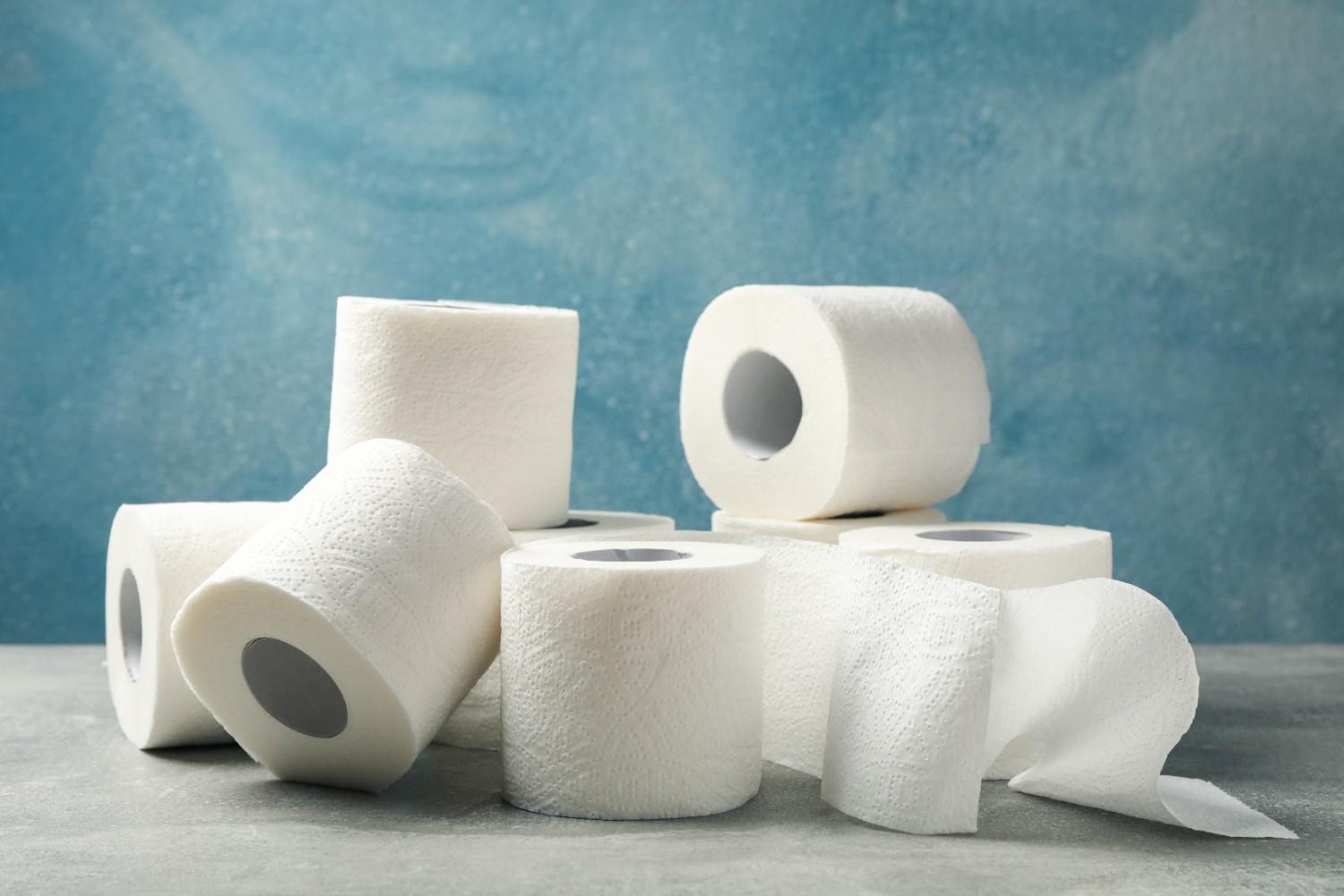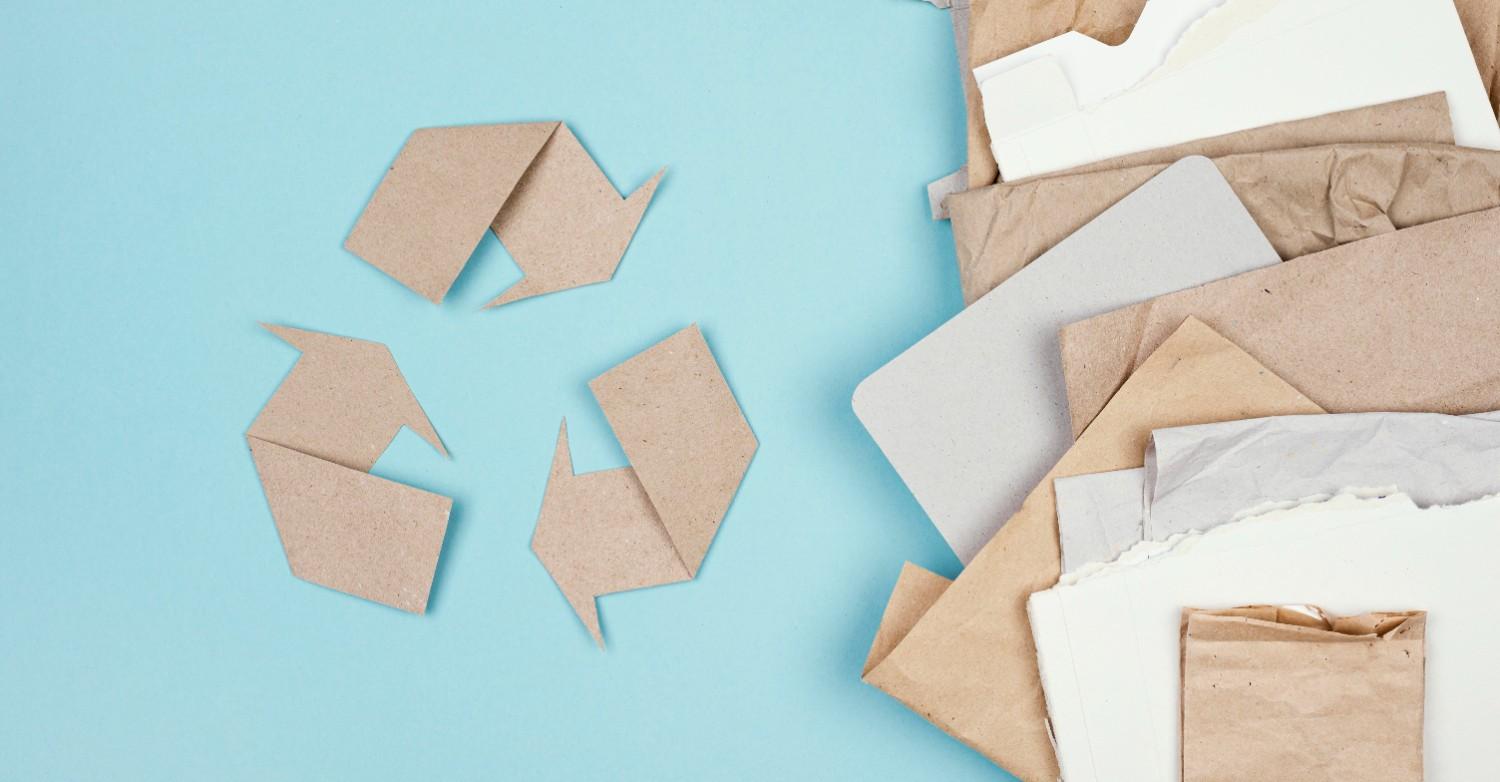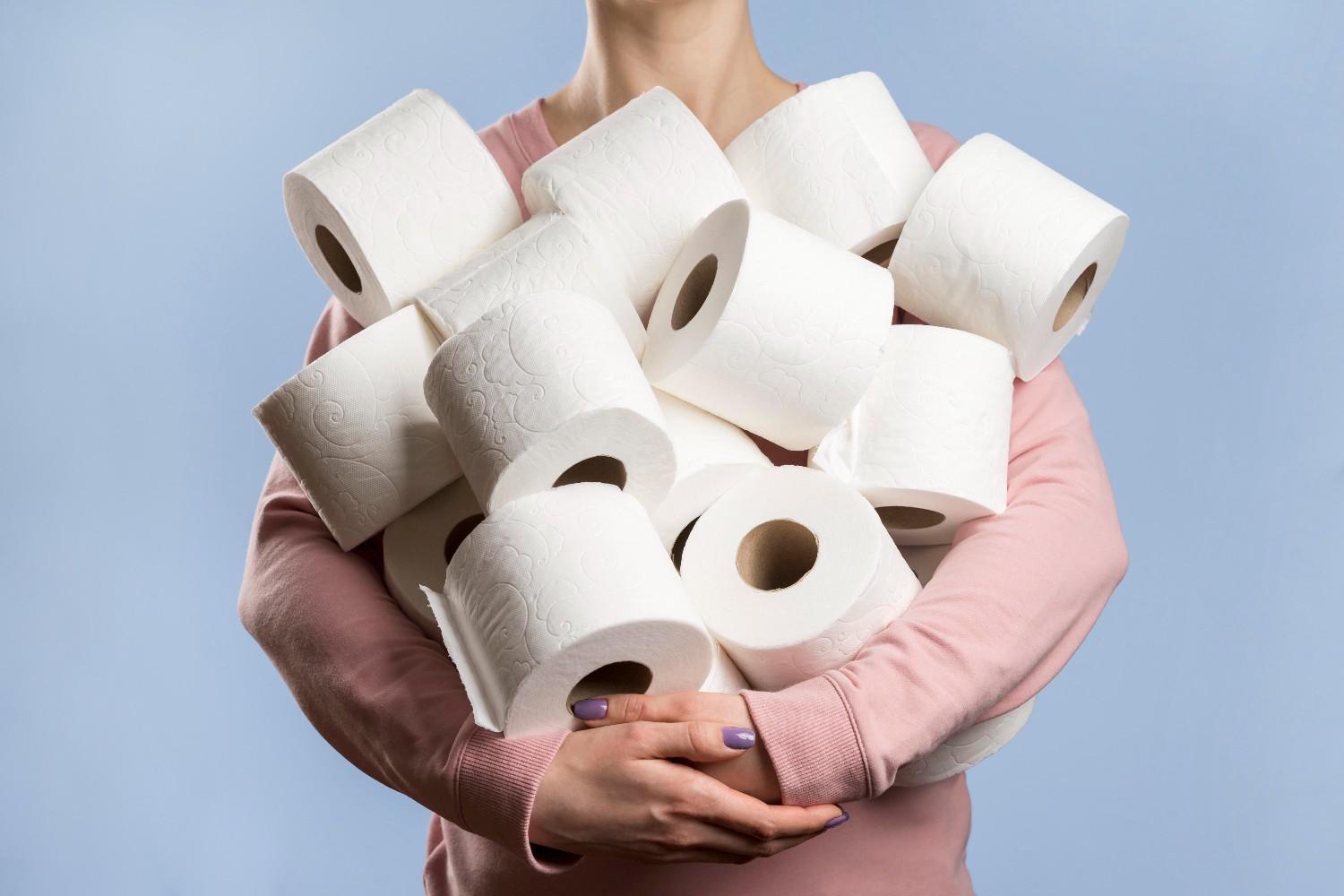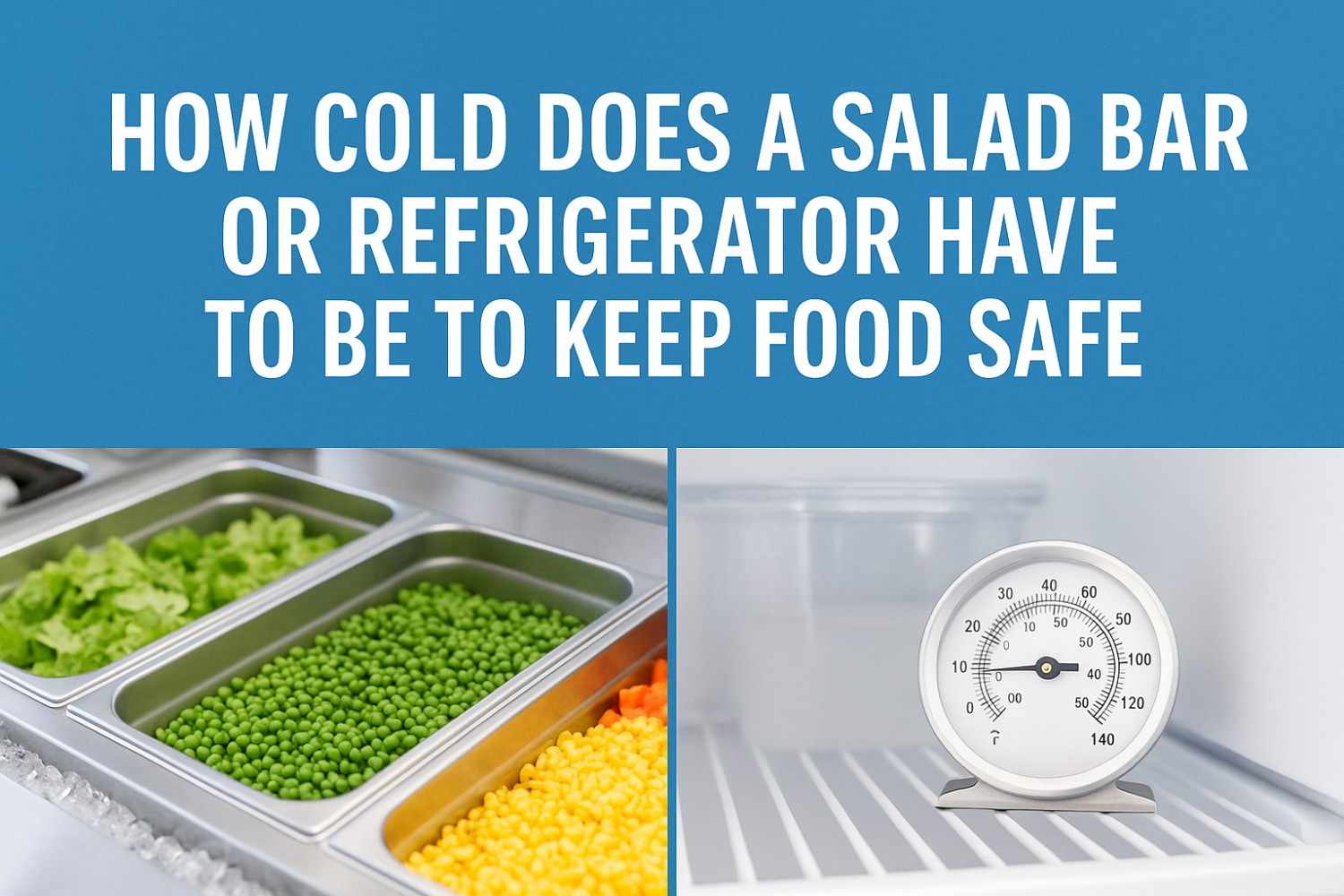When it comes to sorting household waste, tissue paper often causes confusion. You might wonder: is tissue paper recyclable or not? After all, it’s paper — so it should go in the recycling bin, right?
Not quite. While tissue paper may seem like a simple paper product, its composition, coatings, and contamination risks make recycling complicated. Let’s break it down clearly so you know exactly what to do next time.
Understanding Tissue Paper and Its Types
Tissue paper comes in many forms, from soft facial tissues to colorful gift-wrapping paper. The key difference lies in how it’s made and used.
- Facial tissues, napkins, and paper towels are made to absorb moisture and often end up contaminated with oils, food, or biological material.
- Decorative tissue paper, such as the one used in gift wrapping, is often dyed, coated, or glittered.
- Plain tissue paper (undecorated, clean, and dry) is the only type that might qualify for recycling in some areas.
So while tissue paper is technically paper, its short fibers and potential contamination make it a tricky material for recycling centers.
Why Tissue Paper Is Hard to Recycle

Recycling relies on long, strong paper fibers to create new products. Tissue paper, however, has fibers that are too short and weak, which limits its recyclability. Additionally, coatings and contamination add to the challenge.
Common Reasons Tissue Paper Isn’t Recycled
| Reason | Explanation | Effect on Recycling |
| Short Fibers | Tissue paper is made from already-recycled material, meaning its fibers are too short to be reused again. | Results in low-quality pulp that’s not useful for new paper products. |
| Contamination | Used tissues, napkins, and paper towels often contain oils, food waste, or bodily fluids. | Makes the material unsanitary and unusable for recycling. |
| Coatings & Additives | Glitter, wax, metallic foil, and dyes are common in decorative tissue paper. | These materials cannot be separated during recycling and contaminate the batch. |
So, even if you toss a clean-looking tissue into the recycling bin, it may still be rejected due to these limitations.
When Tissue Paper Can Be Recycled
There are a few rare exceptions where clean tissue paper may be accepted.
Some recycling programs — especially those that process mixed paper waste — might allow small quantities of uncoated, clean tissue paper.
To check if your tissue paper can go in the recycling bin:
- Inspect the surface: If it’s shiny, glittery, or waxy — it’s not recyclable.
- Check for contamination: Used tissues, napkins, or paper towels should never be recycled.
- Review local recycling guidelines: Municipalities differ widely. Some accept clean tissue paper, others strictly prohibit it.
When in doubt, it’s safer (and more sustainable) to choose composting or reusing instead of recycling.
The Better Alternatives: Composting and Reuse

Even though recycling may not be an option, you still have eco-friendly alternatives to keep tissue paper out of landfills.
1. Compost It (When Possible)
Plain, uncoated tissue paper is biodegradable and breaks down easily in compost. If it’s not colored or treated, you can tear it into small pieces and add it to your compost pile.
However, avoid adding any tissues that were used with chemicals, oils, or food residue. Stick to clean, dry, non-glittery types for composting success.
2. Reuse Before You Toss
Before discarding tissue paper, think creatively. Clean sheets from gifts or packaging can be reused for:
- Gift wrapping again
- Craft projects
- Packing fragile items for storage or shipping
By giving tissue paper a second life, you minimize waste and reduce your environmental footprint.
Composting vs. Recycling: Quick Comparison
Here’s a simple overview to help you decide what to do with tissue paper based on its type and condition.
| Tissue Paper Type | Recyclable? | Compostable? | Recommended Action |
| Clean, plain (no coating) | Sometimes (check local rules) | Yes | Compost or recycle if accepted |
| Dyed or colored | Rarely | Sometimes (if non-toxic dyes) | Compost cautiously |
| Glittered or metallic | No | No | Dispose in regular trash |
| Used facial tissue | No | Sometimes (if only used for water, not chemicals) | Compost if safe, otherwise trash |
| Paper towels & napkins | No | Yes (if food/oil-free) | Compost |
This table summarizes what most local waste management authorities recommend — but always verify with your city’s recycling program.
What Recycling Experts Say

According to Earth911 and Recycling Now (UK), tissue paper is considered a low-grade paper product and often excluded from recycling programs because it’s at the end of its lifecycle. The EPA also categorizes it as a “downcycled” material — meaning its fibers have already been recycled several times, leaving little strength for reuse.
Recycling facilities prioritize higher-value paper materials like office paper, cardboard, and newsprint, which provide better-quality pulp for reuse.
How to Tell if Your Local Center Accepts Tissue Paper
Every recycling program has its own policies. Here’s how to check quickly:
- Visit your local government or waste management website. Look for a recycling guide or FAQ section.
- Call your recycling provider and ask whether clean tissue paper is accepted.
- Search by ZIP code on platforms like Earth911.com to find local drop-off or composting options.
Even if recycling isn’t possible, composting and reusing are both planet-friendly alternatives that keep your habits sustainable.
Sustainable Shopping Tip

If you often use tissue paper for gift wrapping, consider switching to recycled kraft paper, fabric wraps (like Furoshiki), or reusable gift bags. These options can be reused multiple times and are more likely to be accepted in recycling systems.
Choosing eco-conscious materials from the start is the simplest way to reduce waste altogether.
Also Read: DIY pull up bar
Frequently Asked Questions
1. Can tissue paper go in the recycling bin?
Not always. Clean, uncoated tissue paper may be recyclable in some regions, but many recycling programs reject it due to its short fibers and low-grade pulp. Always confirm with your local recycling provider.
2. Is colored tissue paper safe for composting?
If the tissue is dyed with non-toxic, water-based inks, it’s generally safe to compost. However, avoid metallic, glittered, or heavily dyed papers, as these may release harmful chemicals during decomposition.
3. What should I do with used tissues or paper towels?
Used facial tissues and paper towels should never be recycled. However, you can compost them if they only contain biodegradable material (like water or plant-based food residue). If contaminated with chemicals, oil, or illness-related waste — dispose of them in the trash.
4. Why do some recycling facilities accept tissue paper while others don’t?
Recycling capabilities depend on equipment and local demand. Some facilities can process mixed low-grade paper, while others focus only on high-quality fiber materials to maintain pulp value. That’s why checking local rules is crucial.
5. What is the most sustainable way to handle tissue paper waste?
Reusing or composting is the most sustainable approach. Recycle only if your local program explicitly allows it. Avoid decorative coatings or glittered options altogether to make disposal easier and eco-friendly.
Final Thoughts: It’s Not Always About the Bin
So, is tissue paper recyclable?
Technically, it can be — but in most cases, it’s not accepted due to weak fibers and contamination risks.
Instead of automatically tossing tissue paper into recycling, think about reuse and composting first. Those small choices make a big difference in keeping your waste stream cleaner and your home greener.
When in doubt, check your local recycling program’s guidelines — because being informed is the first step toward a more sustainable lifestyle.




